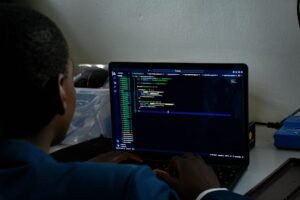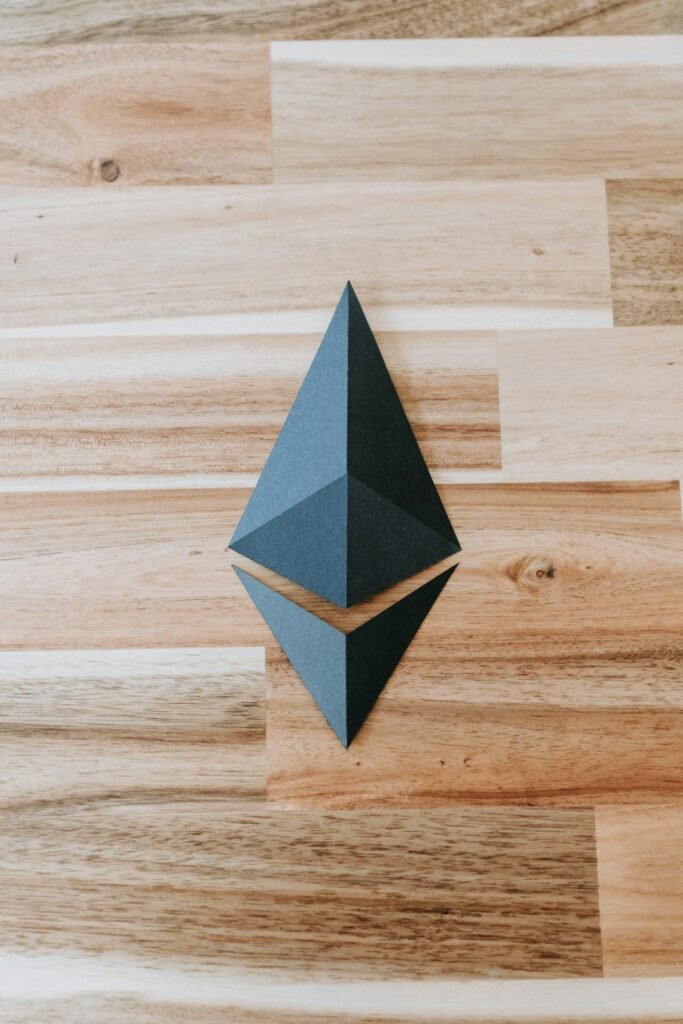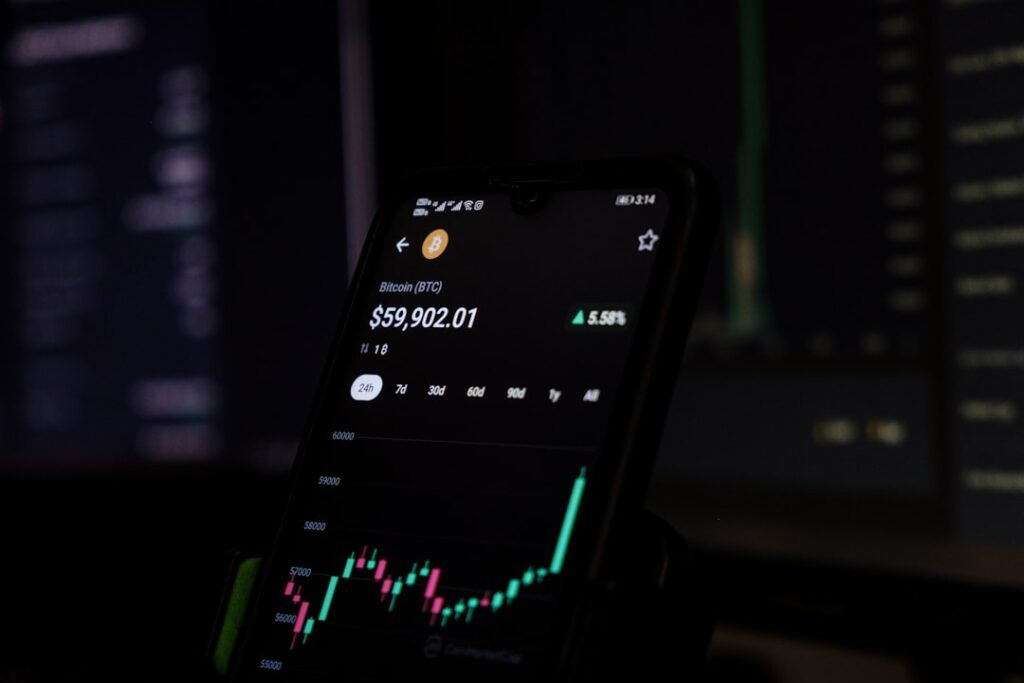The AI agent sector within the cryptocurrency industry experienced a significant surge in attention starting late 2024, with the total market capitalization of agent-related tokens briefly reaching approximately $16 billion. However, this speculative enthusiasm proved short-lived, as token prices subsequently declined by over 90% from their peak. Despite this market correction, technological development continues to advance steadily.
Initial projects largely functioned as wrappers around fine-tuned or prompt-engineered foundational models from OpenAI or Anthropic, offering little more than sophisticated chatbots for platforms like X or Telegram. Most failed to deliver on ambitious roadmaps and have since suspended operations due to depleted funding and unsustainable revenue models reliant solely on token appreciation.
Notable exceptions include projects like aixbt and Soleng, which implemented partial roadmaps by offering token-gated exclusive services such as project analysis reports and GitHub repository evaluations for investment decision-making.
The DeFAI (Decentralized Finance AI) sector is regaining attention through tangible product releases. Projects like Wayfinder employ specialized AI agents called “Shells” that execute on-chain tasks through dedicated wallets. Their multi-agent architecture features specialized agents for trading, perpetual contracts, and smart contract interactions, enabling users to execute everything from simple cross-chain transactions to advanced strategies like basis trading and leveraged dollar-cost averaging.
Market focus has shifted from generalized agents to specialized agents optimized for specific functions. Infrastructure projects like Virtuals Protocol’s ACP are developing standardized frameworks for inter-agent communication and task allocation, while platforms like Theoriq and General Impression are enhancing interoperability between different agents.
Future development indicates two significant trends: AI agents are becoming essential infrastructure integrated into crypto projects rather than standalone products, and agent commerce will grow as interactions between agents and humans become more frequent, requiring secure transaction protocols and trust mechanisms.
AI agents are poised to become the final interface connecting users to blockchain technology, simplifying cryptographic complexity, improving user experience, and creating new economic opportunities through enhanced accessibility and functionality.












